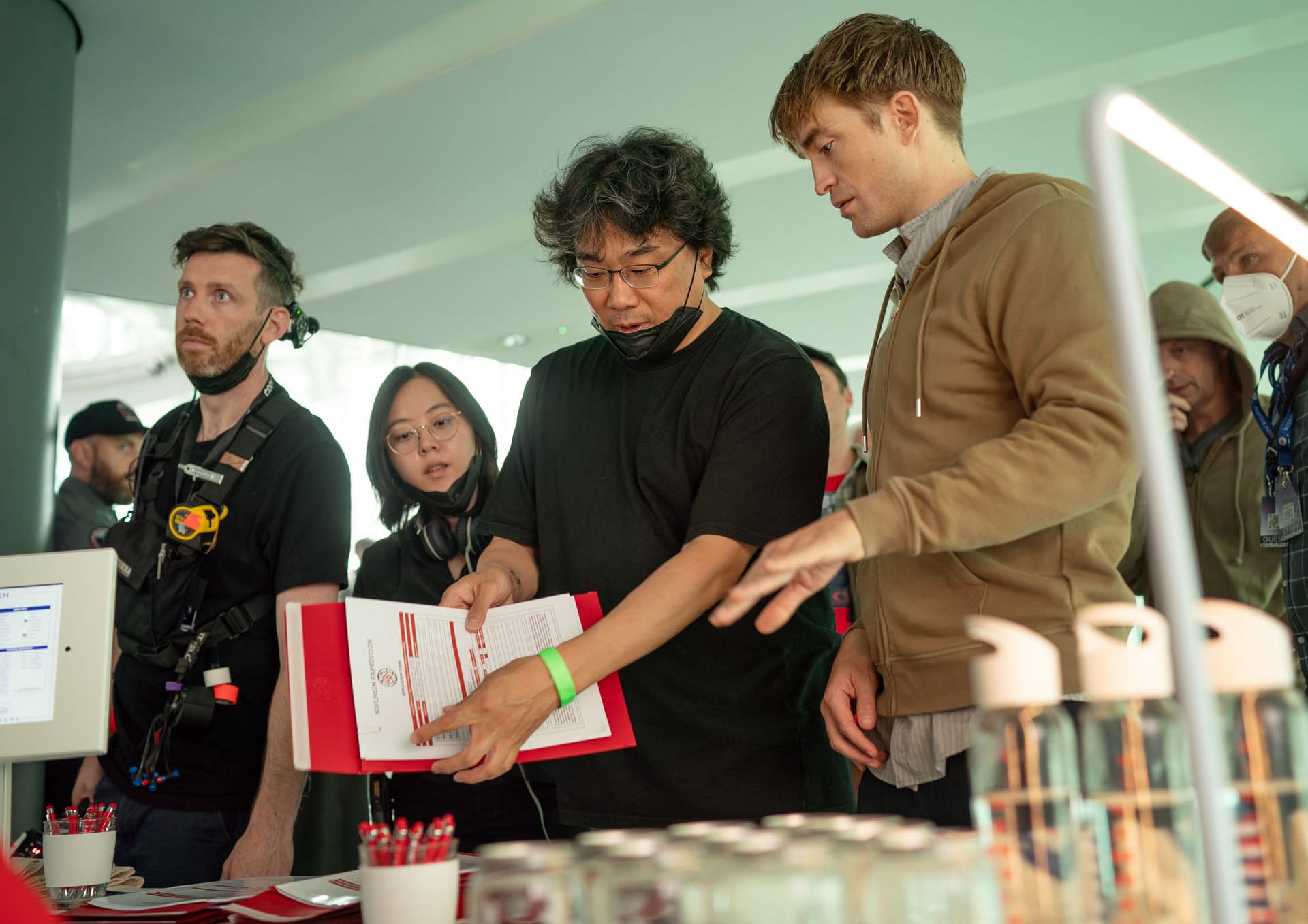After nearly a decade of restrictions, there are strong signals that China may soon lift its unofficial ban on Korean entertainment, with reports suggesting the embargo could end as early as May.
This marks a potential shift in China’s diplomatic approach from its previous “wolf warrior” policy to a more conciliatory “smile policy,” aimed at easing global anti-China sentiment.
Notably, this move could also be linked to the evolving political landscape, as the United States under President Trump has threatened tariffs on several countries, making China’s diplomatic strategy more fluid.
The ban on Korean cultural exports began in 2016, when China reacted to South Korea’s decision to deploy the U.S. Terminal High Altitude Area Defense (THAAD) missile defense system. Despite never officially acknowledging the embargo, China restricted Korean music, movies, television dramas, and games.
The result was a sharp decrease in the availability of Korean content on Chinese streaming platforms and cinemas, and the suspension of K-pop performances in the country.
In a recent report from the Korea Economic Daily (KED), an unnamed senior official revealed that China’s government plans to ease restrictions and initiate cultural exchanges with South Korea in the near future.
“Starting next month, we will send a private-level cultural delegation to South Korea as the first step toward expanding cultural exchanges, aiming to fully resume cultural cooperation as early as May,” the official said.
This apparent thaw in relations may also reflect China’s need to bolster its flagging box office.
Last year, China’s box office revenue dropped by 23%, largely due to a lack of international content, including Hollywood films, following the 2023 strikes. With a decreased pipeline of major movie releases, China’s cinema market has taken a hit.
In contrast, local films, including the animation “Nezha 2,” have performed well, but the overall market decline has drawn attention to the necessity of increasing content diversity.
The cultural freeze has had equally serious consequences for South Korea’s entertainment industry, with the KDB Future Strategy Research Institute estimating a loss of up to $15.3 billion (KRW22 trillion) in 2017 alone due to the ban.
The market also saw notable financial implications for companies such as K-pop powerhouse Hybe, JYP Entertainment, and SM Entertainment. Since news of the potential ban lift emerged, shares in these companies have surged, with Hybe reaching an annual high of KRW254,000.

Notably, Korean director Bong Joon Ho’s latest film Mickey 17, which had its world premiere at the Berlin Film Festival, is scheduled for release in China on March 7.

While Mickey 17 is a Warner Bros. production, the film’s connection to Korean talent has not been an issue for China, as restrictions have mainly targeted South Korean content rather than international films with Korean involvement.
The gradual reopening of China’s cultural market could not only signal a diplomatic shift but also offer much-needed relief for both Korean and Chinese entertainment industries, providing a potential new avenue for collaboration and growth.


